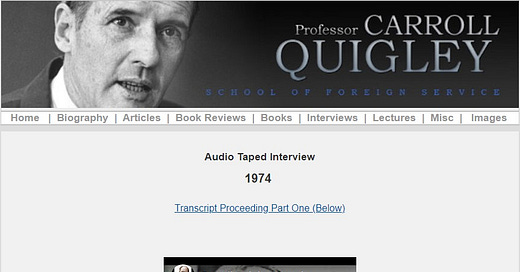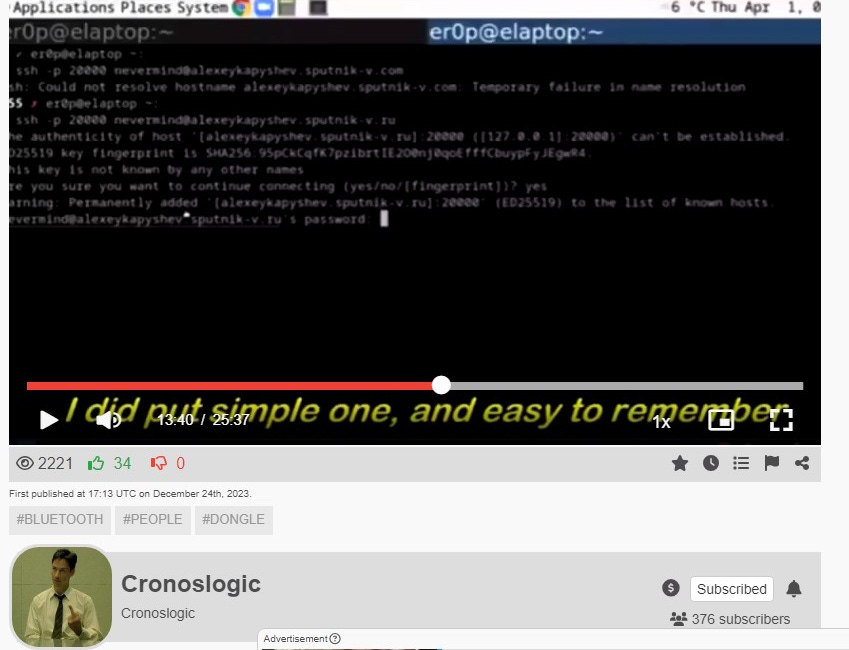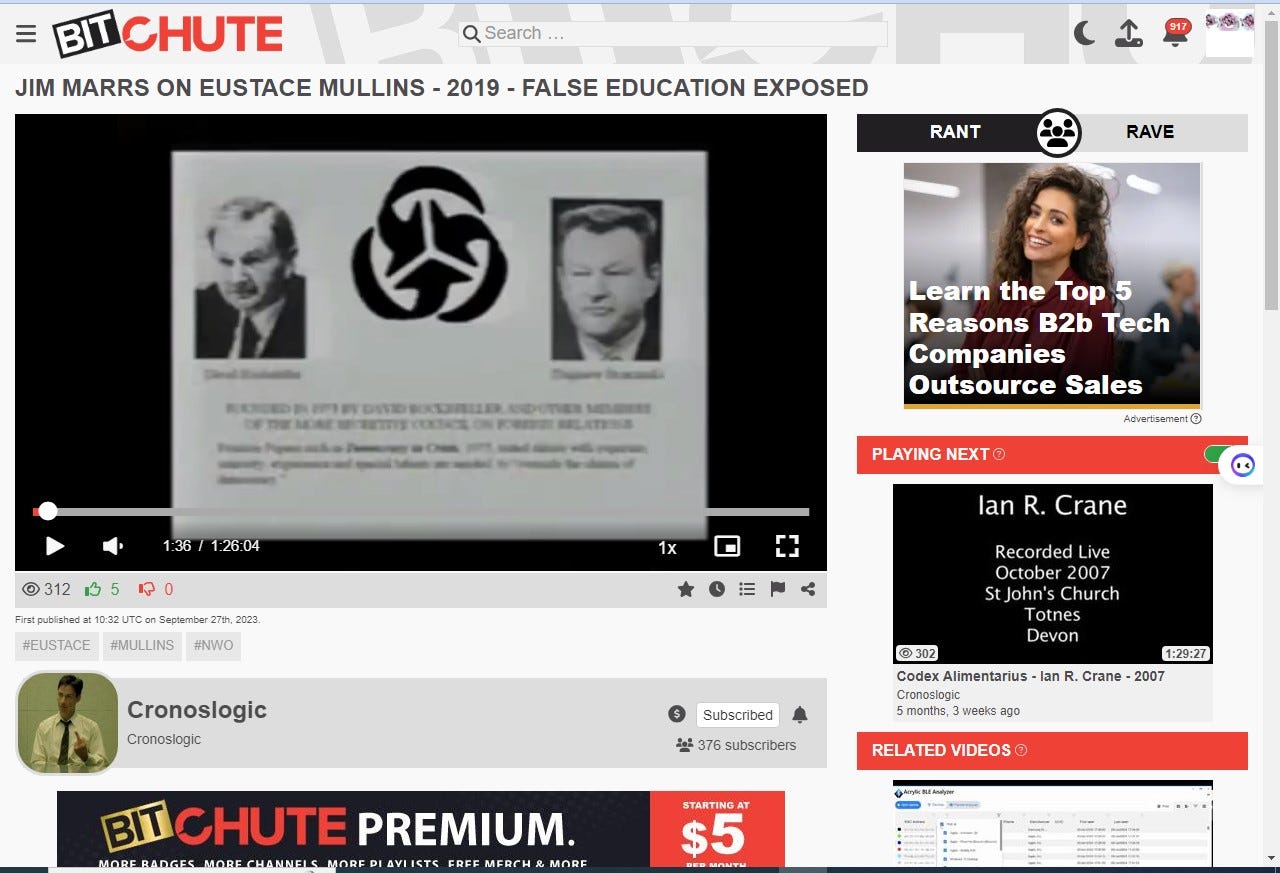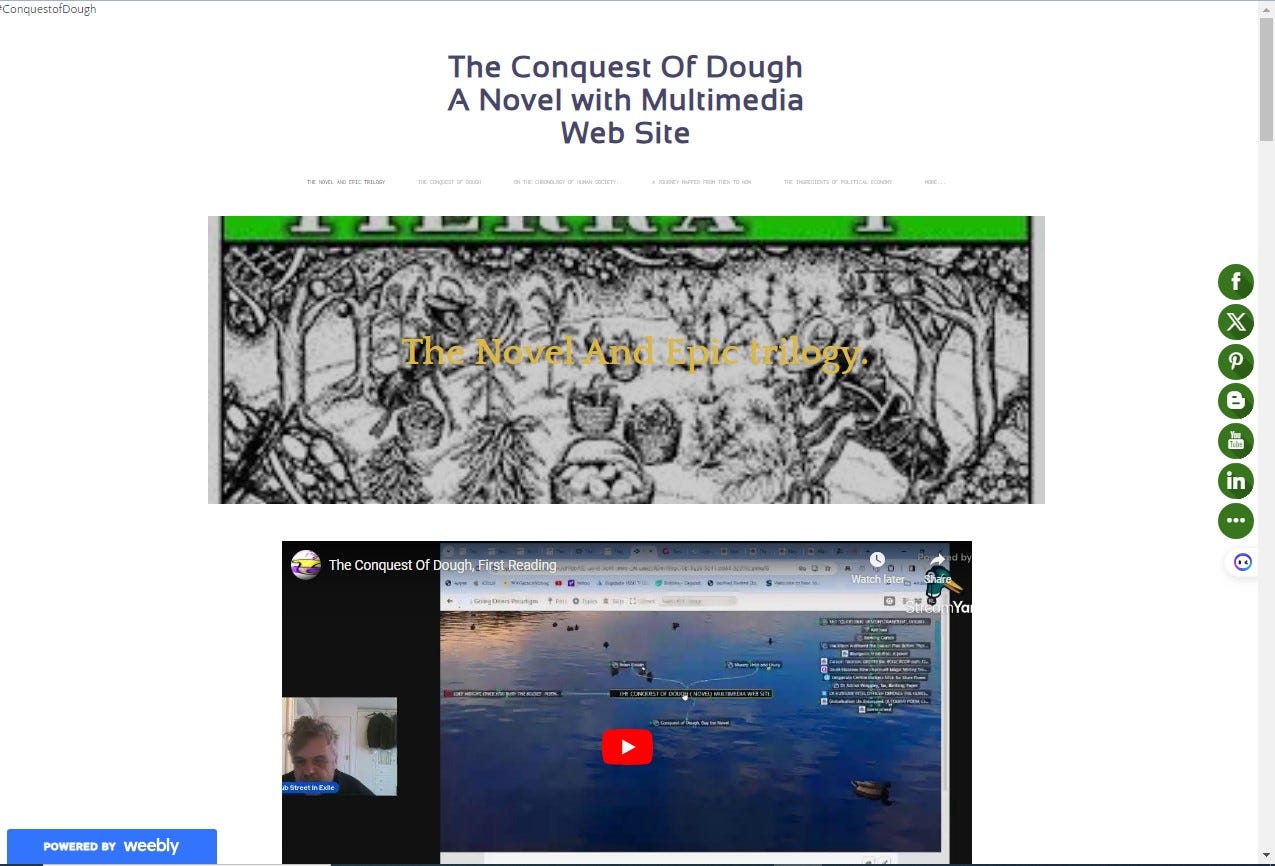In the realm of historical research and academic publishing, there exists a rich tapestry of knowledge waiting to be explored and shared. The journey of delving into the annals of history, unearthing hidden truths, and bringing scholarly works to fruition is a testament to the dedication and perseverance of researchers and authors.
One avenue of exploration lies in conducting in-depth research on historical events and figures, akin to the meticulous approach taken by esteemed authors in tracing the origins of secret societies and their impact on world history. By shedding light on lesser-known aspects of historical events and individuals, we can unveil their significance and influence, enriching our understanding of the past.
The challenges and triumphs of academic publishing also warrant attention. From navigating the intricate process of manuscript submissions to weathering rejections, authors have stories to share about their perseverance in bringing scholarly works to the public. These insights offer a glimpse into the rigorous journey of crafting and publishing scholarly books, underscoring the resilience required to overcome obstacles and contribute significant works to the academic landscape.
Furthermore, the societal impact of historical interpretations cannot be overlooked. Instances where historical works have been misinterpreted or misused to promote biased or harmful ideologies underscore the responsibility of historians and authors in presenting historical narratives accurately. Addressing sensitive topics such as anti-Semitism, conspiracy theories, and extremist interpretations of history requires a nuanced and ethical approach, emphasizing the importance of upholding historical integrity.
The intersection of history, politics, and conspiracy theories presents a thought-provoking terrain for exploration. By delving into the complexities of global affairs, the influence of secretive organizations, and the societal implications of historical interpretations, we gain valuable insights into these complex and often controversial topics.
As we navigate through the intricate landscape of historical research and academic publishing, it becomes imperative to shed light on the various forces at play, particularly those that shape our understanding of the past and its impact on the present. By embracing the challenges and triumphs of scholarly endeavors, we contribute to a richer tapestry of historical knowledge, fostering a deeper understanding of the complexities that have shaped our world.
In conclusion, the pursuit of historical research, academic publishing, and responsible interpretation of historical texts is a noble endeavor that enriches our collective understanding of the past. By delving into lesser-known aspects of history, navigating the challenges of academic publishing, and upholding the integrity of historical narratives, we contribute to a more informed and enlightened society. It is through these endeavors that we continue to unravel the mysteries of the past and pave the way for a more comprehensive understanding of our shared human story.
Certainly! Here are a few ideas based on the input text:
1. Historical Research and Publications:
- Conducting in-depth research on historical events and figures, similar to the author's approach in tracing the origins of secret societies and their impact on world history.
- Exploring lesser-known aspects of historical events and individuals, shedding light on their significance and influence.
2. Academic Publishing and Authorship:
- Discussing the challenges and triumphs of academic publishing, including experiences with publishers, manuscript rejections, and the process of bringing scholarly work to the public.
- Sharing insights into the rigorous process of writing and publishing scholarly books, including the author's perseverance in the face of rejections and the ultimate success in bringing significant works to fruition.
3. Societal Impact of Historical Interpretations:
- Examining the societal impact of historical interpretations, including instances where historical works have been misinterpreted or misused to promote biased or harmful ideologies.
- Discussing the responsibility of historians and authors in presenting historical narratives accurately, especially when addressing sensitive topics such as anti-Semitism, conspiracy theories, and extremist interpretations of history.
These ideas aim to capture the essence of historical research, academic publishing, and the societal implications of historical interpretations in a professional and informative manner.
I. Introduction
A. Overview of the Controversy
B. Request for Debate Participation
II. Background Information
A. Description of the Book "Tragedy and Hope"
B. Author's Experience with Publishers
C. Discovery of Unauthorized Reproduction
III. Publisher's Response
A. Lack of Action from the Publisher
B. Contractual Rights Regarding Book Reproduction
C. Destruction of Printing Plates
IV. Influence on Public Opinion
A. Misinterpretation of the Book's Content
B. Misuse of the Book by Anti-Semitic Groups
C. Efforts to Combat Misrepresentation
V. Debate Experience
A. Engagement with Gary Allen and Larry Abraham
B. Discrepancies in Knowledge and Argumentation
C. Impact of the Debate on Addressing Misconceptions
VI. Conclusion
A. Reflection on Conspiracy Theories in History
B. Importance of Addressing Misrepresentation
C. Call for Responsible Interpretation of Historical Texts
The text provided is a detailed account of various historical events, secret societies, and conspiracy theories. It covers a wide range of topics including the influence of certain groups on global affairs, the role of secret societies in historical events, and the impact of conspiracy theories on public perception.
The author delves into the history of secret societies such as the Round Table Group, the Illuminati, and the Masons. They discuss the influence of these groups on international relations, finance, and political movements. The author also addresses conspiracy theories related to Jewish bankers, Communism, and world domination.
Throughout the text, the author provides insights into their research and knowledge of historical events and secret societies. They express skepticism towards conspiracy theories while acknowledging the existence of secret societies and their potential impact on historical events.
The text presents a thought-provoking analysis of various historical and political phenomena, shedding light on the complexities of global affairs and the influence of secretive organizations. It offers a unique perspective on the intersection of history, politics, and conspiracy theories.
Overall, the text provides a comprehensive examination of secret societies, historical events, and conspiracy theories, offering valuable insights into these complex and often controversial topics.
I. Introduction
A. Overview of the speaker's research background
B. Brief mention of the significance of the topic
II. The Nature of Information in a Socialist Society
A. Discussion on distortion, suppression, and elimination of facts in a socialist society
B. Explanation of the three levels of information in the United States
1. Establishment version
2. Revisionist level
3. Third level based on new documentary evidence
III. Western Aid to the Soviet Union
A. Detailed study of the history of Western aid to the Soviet Union
B. Outline of the construction of the Soviet Union from 1917 to the present day
C. Discussion on the nature of published evidence and gaps in knowledge
IV. The Role of Western Firms in Soviet Development
A. Examination of Western firms' involvement in building the Soviet Union's technological capacity
B. Examples of Western technology transfer to the Soviet Union in various industries such as mining, steel, and petroleum
C. Mention of the deliberate effort by Western corporations to build up Soviet military capability
V. Political and Financial Influence
A. Analysis of the political and financial influence of Western entities in Soviet development
B. Mention of the role of the Federal Reserve System and the Council on Foreign Relations in shaping policies related to the Soviet Union
C. Discussion on the deliberate effort to submerge U.S. independence into economic and financial relationships with the Soviet Union
VI. Challenges and Resistance
A. Examination of challenges in achieving a socialist world order through organizations like the United Nations and the use of fiat money
B. Analysis of potential resistance from society due to natural trends towards smaller group associations
VII. Moral Implications and Call to Action
A. Reflection on the moral implications of subsidizing and enabling world dictatorship
B. Call to action to recognize and address those who subsidize and make possible the onset of a world order
VIII. Conclusion
A. Summary of key points discussed
B. Emphasis on the importance of holding onto the truth and taking action to preserve independence and freedom
1. The speaker discusses the meticulous study of the history of Western aid to the Soviet Union, highlighting the significant attention it has attracted both in the United States and abroad.
2. The speaker outlines the framework of their research, emphasizing the nature of the published evidence and drawing attention to gaps that require further research.
3. They discuss the three levels of information in a socialist society, pointing out the establishment version, the revisionist level, and the third level based on new documentary evidence.
4. The speaker delves into the role of Western technology in the development of the Soviet Union, highlighting examples of technology transfer and the impact on Soviet economic and military capabilities.
5. They raise questions about the deliberate effort to build the Soviet Union into a formidable enemy, as well as the role of Western corporations and financial institutions in this process.
6. The speaker emphasizes the need for accurate facts and warns against overstatement, underlining the importance of maintaining credibility in presenting research findings.
7. They discuss challenges to American independence, including issues such as internal passports, energy programs, and taxation, while urging vigilance in recognizing and addressing these challenges.
8. The speaker concludes by emphasizing the significance of identifying and understanding those who subsidize and enable the agenda for a world dictatorship, highlighting the interconnected roles of planners, businesses, academics, and organizations in shaping global developments.
Title: Unveiling the Subsidizers: A Closer Look at the World of Geopolitical Influence
In the realm of geopolitical influence and global power dynamics, there exists a complex web of interactions, interests, and agendas that often remain concealed from the public eye. As we navigate through the intricate landscape of international relations, it becomes imperative to shed light on the various forces at play, particularly those that operate behind the scenes, shaping the course of world events.
The intricate tapestry of global power play is woven with threads of influence, manipulation, and strategic maneuvering. At the forefront of this intricate web are the subsidizers – the entities that provide the essential support, whether through technology, financing, or political leverage, that enables the realization of grand geopolitical designs. These subsidizers operate in the shadows, wielding immense power and influence, yet often escaping the scrutiny of public awareness.
One of the key aspects of understanding the role of subsidizers lies in unraveling their impact on the course of history. From the early 20th century to the present day, these entities have played a pivotal role in shaping major geopolitical events, often with far-reaching consequences. The interplay between subsidizers and their beneficiaries – be it totalitarian regimes, global power players, or influential political actors – forms a critical aspect of the geopolitical landscape.
The nexus between subsidizers and their beneficiaries extends across various spheres, including technology transfer, financial support, and political backing. It is through these channels that subsidizers exert their influence, often steering the trajectory of global affairs in alignment with their own interests and objectives. The implications of this symbiotic relationship between subsidizers and beneficiaries are profound, shaping the geopolitical landscape in ways that are not always evident to the casual observer.
In delving into the realm of subsidizers, it becomes evident that their impact transcends national borders and geopolitical boundaries. The interconnected nature of global power dynamics means that subsidizers operate on a transnational scale, leveraging their resources and capabilities to mold the contours of international relations. Whether it is through technology transfer to bolster military capabilities, financial support to prop up regimes, or political backing to influence policy decisions, subsidizers leave an indelible imprint on the fabric of global affairs.
The role of subsidizers in shaping world events raises critical questions about transparency, accountability, and ethical conduct in the realm of international relations. As these entities wield significant influence behind the scenes, it becomes essential to scrutinize their actions and motivations, ensuring that they align with principles of justice, democracy, and respect for sovereignty. The opacity surrounding the operations of subsidizers underscores the need for greater transparency and oversight in the realm of global power dynamics.
At the heart of the issue lies the fundamental tension between national sovereignty and external influence. The actions of subsidizers often intersect with the internal affairs of sovereign nations, raising concerns about undue interference and manipulation. The ethical dimensions of subsidizers' actions come into sharp focus as their impact on the domestic affairs of nations becomes more pronounced.
In seeking to understand the dynamics of subsidizers and their impact on global affairs, it is crucial to examine the mechanisms through which they exert influence. Whether it is through strategic technology transfers that bolster military capabilities, financial support that sustains regimes, or political backing that shapes policy decisions, subsidizers play a pivotal role in shaping world events. Unraveling the intricacies of this influence requires a nuanced understanding of the interplay between subsidizers and their beneficiaries.
The implications of subsidizers' actions extend far beyond mere geopolitical maneuvering; they have profound implications for global stability, peace, and security. The nexus between subsidizers and beneficiaries often intersects with sensitive geopolitical fault lines, raising concerns about conflict escalation, regional destabilization, and power struggles. Understanding the impact of subsidizers on these dynamics is essential for charting a path towards a more stable and secure world order.
As we navigate through the complex terrain of international relations, it becomes imperative to shine a spotlight on the role of subsidizers in shaping world events. By unraveling their impact and scrutinizing their actions, we can gain deeper insights into the intricate web of global power dynamics. It is through this understanding that we can work towards fostering a more transparent, accountable, and ethical framework for international relations.
In conclusion, the role of subsidizers in shaping global affairs is a critical aspect of contemporary geopolitics. By shedding light on their operations and impact, we can gain a deeper understanding of the forces at play in the international arena. It is through this understanding that we can strive towards a more just, equitable, and peaceful world order – one that is not unduly influenced by opaque forces operating behind the scenes.
JIM MARRS ON EUSTACE MULLINS - 2019 - FALSE EDUCATION EXPOSED
The Cronoslogic is one of the most complete archives of historical anti narrative
commentary on the Non Sensical state indoctrination narrative Welcome to the Light.
The topic of secret societies and their influence on global politics and power structures is a matter of great complexity and controversy. Throughout history, numerous organizations have operated in secrecy, exerting significant influence over political, economic, and social affairs. While the existence and activities of such groups have often been the subject of speculation and conspiracy theories, there is evidence to suggest that certain secret societies have indeed played a role in shaping world events.
One of the most well-known modern secret societies is the Trilateral Commission, formed in 1973 by David Rockefeller and Zbigniew Brzezinski. This organization, along with the even older and more secretive Council on Foreign Relations, has been implicated in exerting influence over global economic and political policies. The interconnectedness of these groups, as well as their relationships with powerful individuals and institutions, has raised concerns about the extent of their impact on international affairs.
The Trilateral Commission's focus on the trilateral nations of Japan, North America, and Europe, as well as its efforts to include Asian economies, has led to speculation about its role in shaping economic policies and trade relations. Furthermore, the Commission's position papers, such as the one issued in 1975 titled "Democracy and Crisis," have raised questions about its stance on democratic governance and its implications for business interests.
Another significant secret society is the Council on Foreign Relations, established in 1921 with the avowed purpose of educating the American public on the desirability of global government. The Council's influence on U.S. foreign policy and its connections to key political figures have been a subject of scrutiny and debate.
In addition to these modern secret societies, historical precedents shed light on the broader impact of clandestine organizations. The role of the Thule Society in supporting Hitler's rise to power, the influence of Russian generals in the Korean War, and the creation of communism by financial backers all point to a pattern of covert manipulation of world events.
The intertwining of political, economic, and intelligence networks with secret societies has led to concerns about their impact on democracy, sovereignty, and individual freedoms. The merging of corporate interests with governmental power, exemplified by the actions of certain individuals within these organizations, raises questions about the extent to which they shape policies that affect the lives of ordinary citizens.
Furthermore, the influence of these groups extends beyond national borders, as evidenced by their connections to international conflicts and resource acquisition. The pursuit of control over mineral resources in Southeast Asia, the manipulation of conflicts for economic gain, and the orchestration of global events all point to a concerted effort by certain secret societies to shape the geopolitical landscape for their own benefit.
The media's role in disseminating information about these organizations and their activities is another crucial aspect to consider. The control over information distribution by media conglomerates linked to these secret societies has led to a lack of transparency and accountability. The suppression of anti-war demonstrations, the manipulation of news coverage, and the dissemination of biased information all contribute to a climate of misinformation and limited public awareness.
In light of these revelations, it is essential to critically examine the influence of secret societies on global affairs and to consider the implications for democracy, individual rights, and international relations. The need for transparency, accountability, and informed public discourse is paramount in addressing the complex web of covert influence that permeates global politics.
As we navigate the intricate web of secret societies and their impact on world events, it is imperative to uphold principles of open governance, ethical conduct, and democratic values. By fostering greater awareness and understanding of these clandestine networks, we can strive towards a more equitable and transparent global order that respects the rights and aspirations of all individuals and nations.
Full text of "Michael L. Chadwick - Global Governance in the Twenty-First Century. An Overview of the Elite Forces Controlling the World Economy"
In 1996 I published a 24 volume study entitled Global Governance in the Twenty First
Century. The multi-volume work was the result of my extensive travels and research
throughout the United States, Europe and Middle East. It fully collaborates the assertions
and statements made by professor Carroll Quigley in Tragedy and Hope. It is my sincere
hope the reader will take the time to carefully peruse and ponder the words of this rather
remarkable book. And afterwards, I hope the reader will have a desire to thoroughly read
and ponder the contents of Global Governance in the Twenty First Century.
https://archive.org/stream/4047296CarrollQuigleyTragedyAndHopeAHistoryOfTheWorldInOurTime/4047296-Carroll-Quigley-Tragedy-and-Hope-A-History-of-The-World-in-Our-Time_djvu.txt










